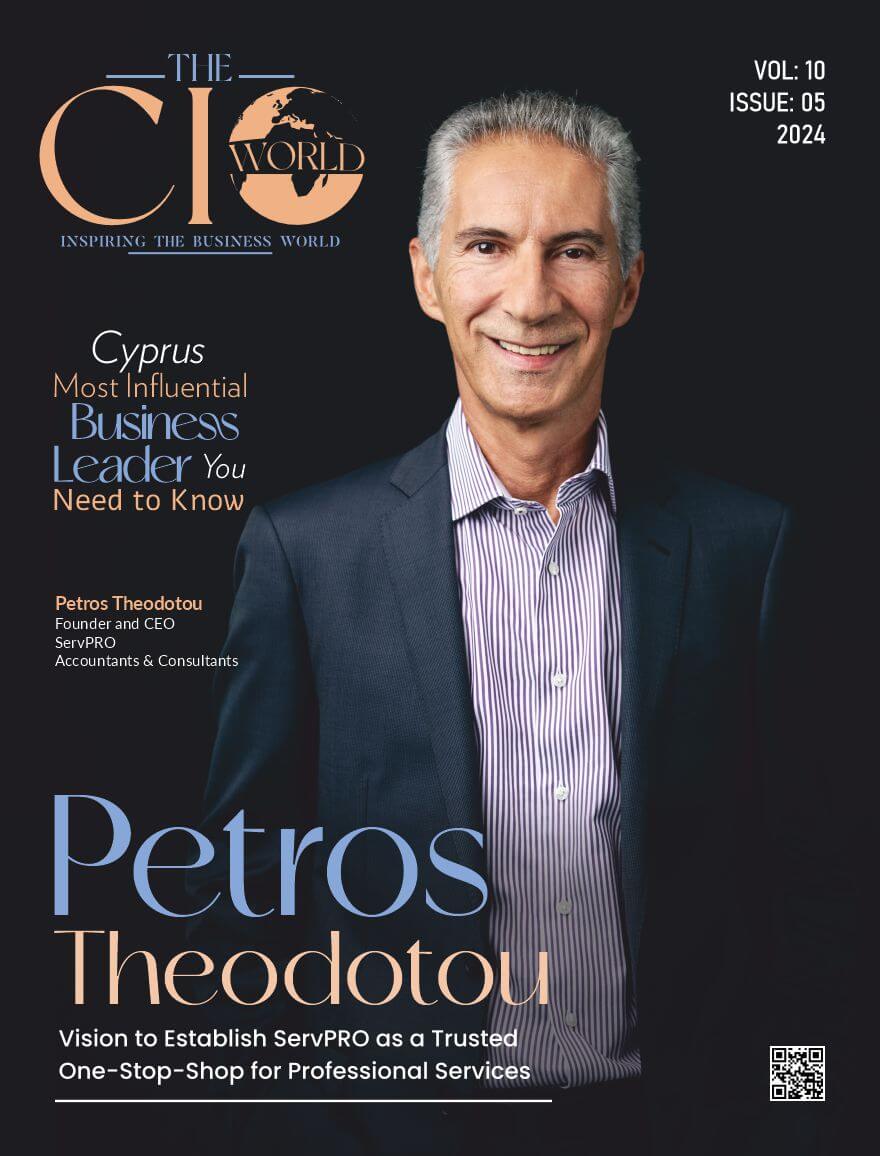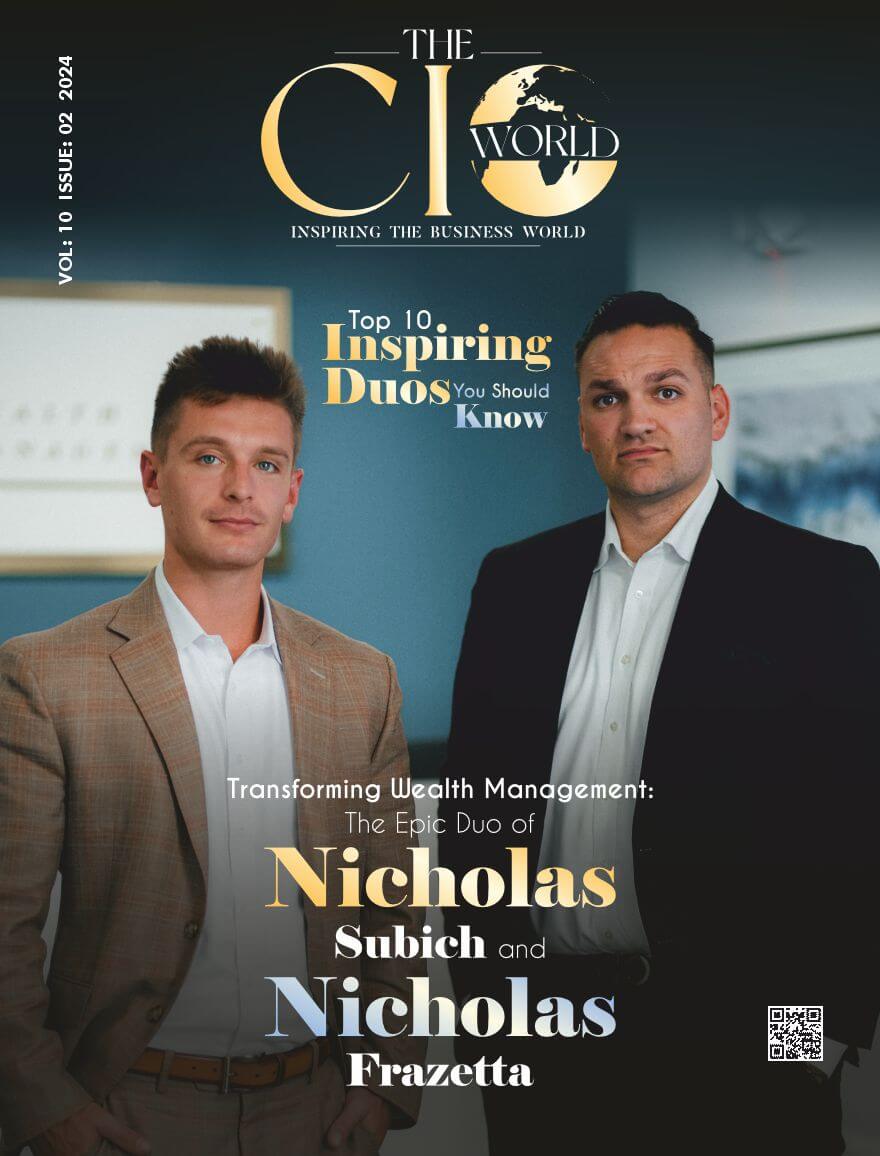Even the most seasoned Chief Executive Officers (CEOs) can make common mistakes that can impede the success of their company as the business landscape changes. This article will examine eight crucial mistakes even veteran CEOs make and offer helpful preventative measures.
A CEO must possess a special combination of operational know-how, strategic vision and people management abilities due to the complexity and demands of the position. Even though seasoned CEOs have frequently developed these skills through years of experience, they are nevertheless vulnerable to some traps that could impede the advancement of their company. Veteran CEOs can keep their competitive edge and propel their businesses to new heights of success by being aware of these typical errors and taking proactive steps to address them.
Insularity
Being overly solitary and depending only on their personal experiences and viewpoints is one of the main errors that seasoned CEOs frequently commit. This may result in a limited perspective of the market; client demands and business trends.
Successful CEOs actively seek out different viewpoints, interact with their team and maintain relationships with their clients in order to counteract this. They can get insightful information and make better decisions if an environment of open communication and collaboration is encouraged.
Absence of Guidance
Successful CEOs are aware of how critical it is to establish a distinct and appealing vision for their company. Some seasoned CEOs, though, might find it difficult to stay focused because they get sidetracked by daily tasks or short-term objectives.
In order to steer clear of this, thriving chief executive officers consistently assess and enhance their strategic orientation, guaranteeing that each choice and endeavor is in line with their ultimate goals.
They successfully convey this vision to their group of colleagues, important constituencies and the general public, fostering a feeling of unity and purpose.
Communication Techniques
Effective communication is a crucial component of good leadership, but even seasoned CEOs can struggle with it. Clear, consistent, and transparent communication with their team, stakeholders and the general public is a top priority for effective CEOs.
They create an atmosphere that encourages candid communication, actively listen and offer feedback on a regular basis. Experienced CEOs can foster positive change, align their organization and establish trust by becoming skilled communicators.
Short-Term Objectives and Expansion
While meeting short-term objectives is crucial, seasoned CEOs also need to balance short-term outcomes with long-term viability. Chief executive officers who are successful recognize the value of making investments in the future, be it in R&D, hiring new staff, or forming strategic alliances.
They resist the urge to forgo long-term development in favor of quick profits because they understand that real success necessitates a methodical and patient approach.
Micromanagement and Strategy
Successful, seasoned CEOs could be tempted to micromanage their staff because they think their knowledge and skills are essential for their business to succeed in the long run. This strategy, though, may discourage creativity and demoralize staff members.
Successful CEOs give their teams freedom, assign responsibilities and concentrate on long-term planning so that their staff members can prosper and advance the business. They achieve a harmonious equilibrium between offering direction and letting their group assume responsibility for their job.
Creativity and Adjustment
Experienced chief executive officers need to be open to embracing innovation and adjusting to the quickly evolving business landscape of today. Entrepreneurs who are successful keep a close eye on market trends, new technology and consumer preferences.
When needed, they don’t hesitate to adjust their business models or strategies. They cultivate an innovative culture by motivating their staff to experiment and take measured chances. Experienced CEOs can guarantee that their businesses stay relevant and competitive by staying ahead of the curve and adjusting to changing conditions.
Delegation That Works
For seasoned CEOs, the ability to delegate effectively is essential, but it can be difficult to acquire. CEOs who are successful know how important it is to trust their staff, empower their teams, and give them the tools and resources they need to be successful.
Experienced CEOs can ensure that day-to-day operations are carried out effectively while concentrating on the strategic direction of the company through effective delegation. They celebrate their team members’ accomplishments, set clear expectations and offer frequent feedback.
Company Culture
CEOs who have served as veterans should also be aware of the corporate culture they foster. Prosperous chief executive officers understand that a culture that is upbeat, captivating and welcoming is crucial for drawing in and keeping outstanding personnel, encouraging creativity and propelling sustained prosperity.
They put a lot of effort and money into creating a culture that supports the goals and values of their business. Experienced CEOs can foster an environment where workers feel empowered, appreciated and driven to contribute to the success of the company by emphasizing culture.
Acquiring Knowledge from Errors
Lastly, even the most seasoned CEOs need to be open to picking up lessons from their errors. Prosperous seasoned chief executive officers adopt a growth mentality, consistently soliciting input, scrutinizing their choices and modifying them as necessary.
They take advantage of the fact that mistakes are an unavoidable part of the process and turn them into chances to sharpen and bolster their leadership abilities. Experienced chief executive officers can remain ahead of the curve and adjust to the constantly shifting business environment by cultivating a culture of ongoing learning and development.
Experienced CEOs can position their companies for long-term success in the dynamic business landscape by avoiding these common pitfalls and putting the strategies discussed in this article into practice.
Even though being a CEO is a difficult and demanding job, seasoned CEOs can lead their companies to new heights of success and promote positive change in their industries by grasping these vital skills and avoiding typical pitfalls.







